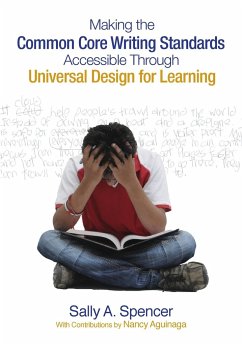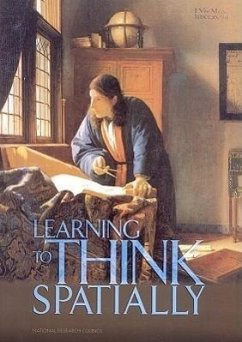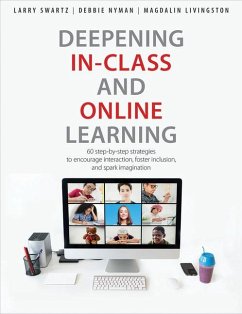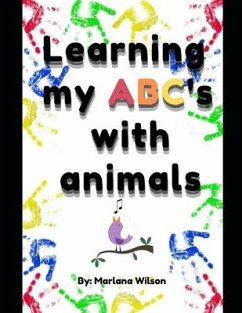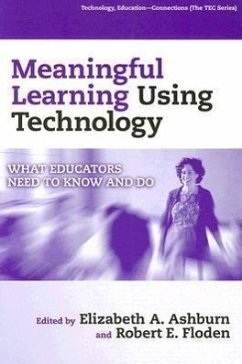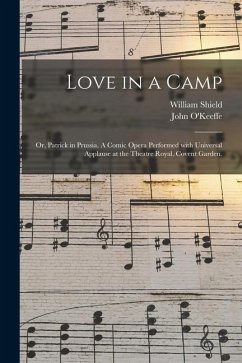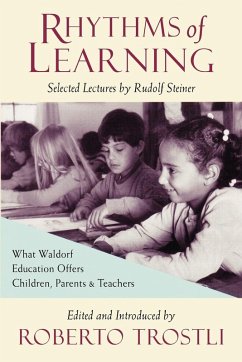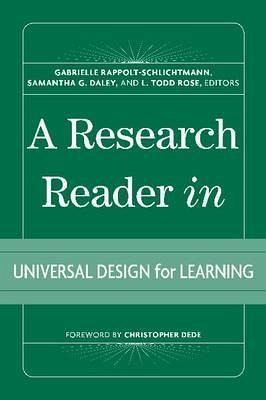
A Research Reader in Universal Design for Learning
Versandkostenfrei!
Versandfertig in über 4 Wochen
30,99 €
inkl. MwSt.

PAYBACK Punkte
15 °P sammeln!
This fascinating and inventive book surveys the UDL research field in comprehensive detail while pointing—in imaginative and necessary ways—to crucial research undertakings yet to come. In recent years there has been heightened interest in Universal Design for Learning (UDL), particularly within the worlds of education policy and practice. As a framework that reduces barriers and maximises learning opportunities for all students, UDL provides a powerful and comprehensive answer to the growing call for more “personalised” curricular materials that can accommodate the full diversity of l...
This fascinating and inventive book surveys the UDL research field in comprehensive detail while pointing—in imaginative and necessary ways—to crucial research undertakings yet to come. In recent years there has been heightened interest in Universal Design for Learning (UDL), particularly within the worlds of education policy and practice. As a framework that reduces barriers and maximises learning opportunities for all students, UDL provides a powerful and comprehensive answer to the growing call for more “personalised” curricular materials that can accommodate the full diversity of learners and teachers within the education system. This book considers the major research areas that underlie UDL and call out for further exploration in the years ahead. Each of the book’s six chapters includes a ground-breaking article that is centrally related to the larger UDL project, along with reflections on that article by contemporary researchers. As David H. Rose notes in his afterword, “the authors of this collection have set out to do more than revitalise and illuminate the foundations of UDL. They have set out also to prepare the field—to set the context—for the kind of research that needs to come now.”



